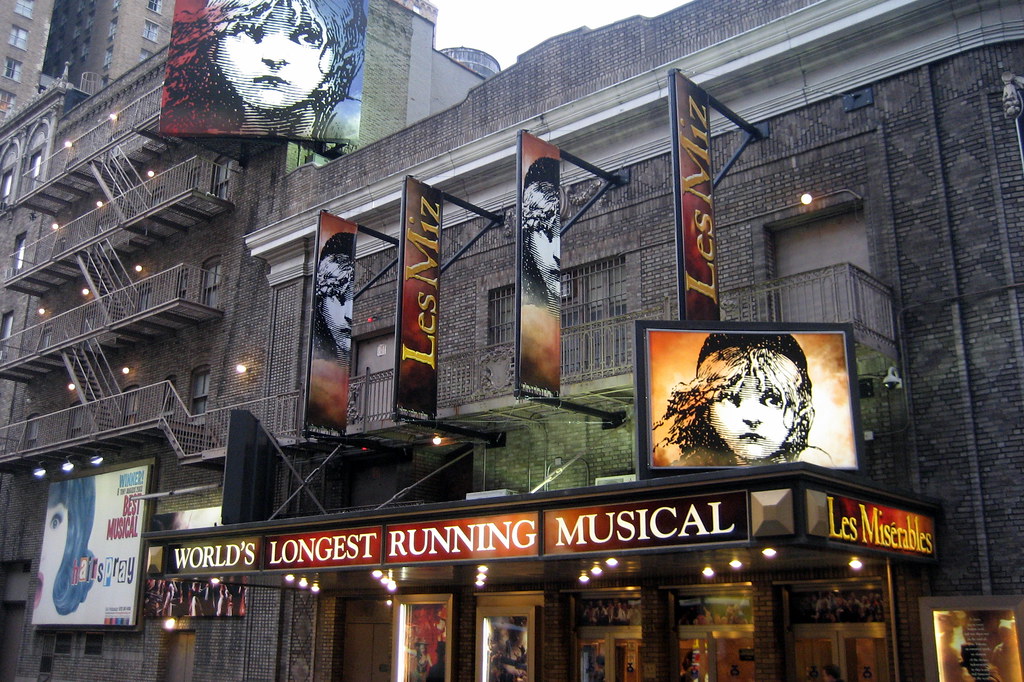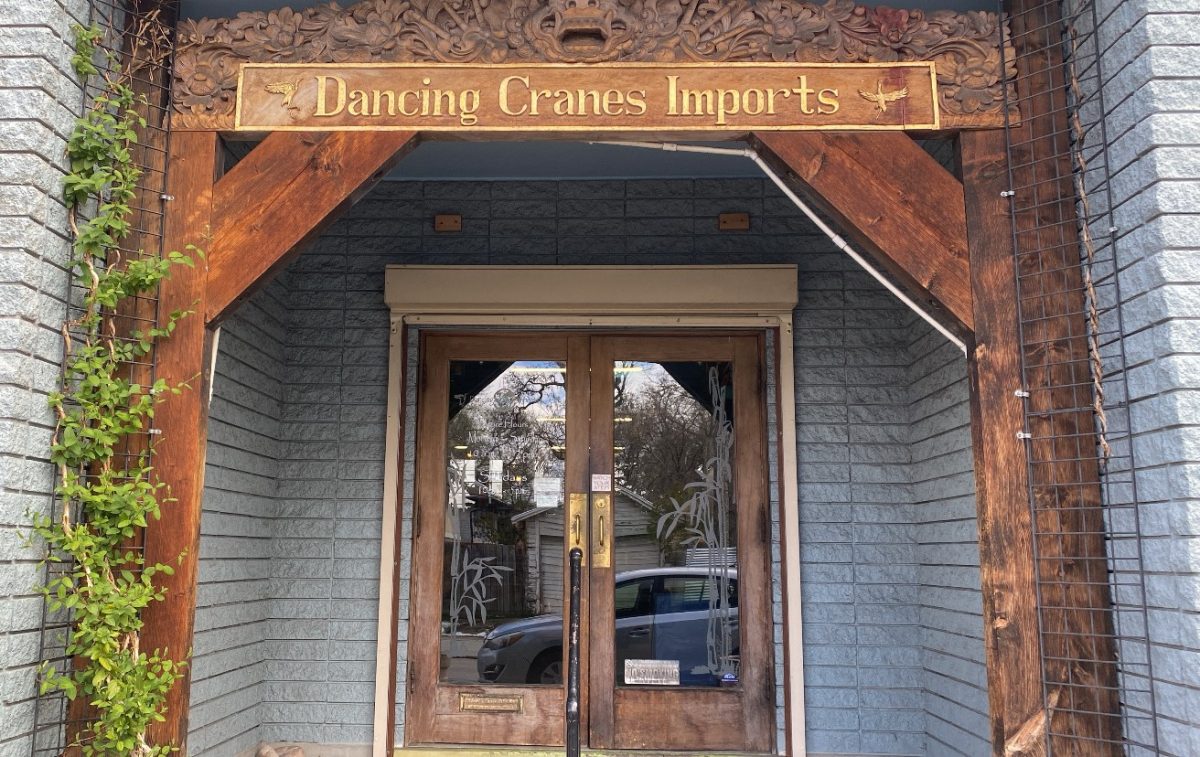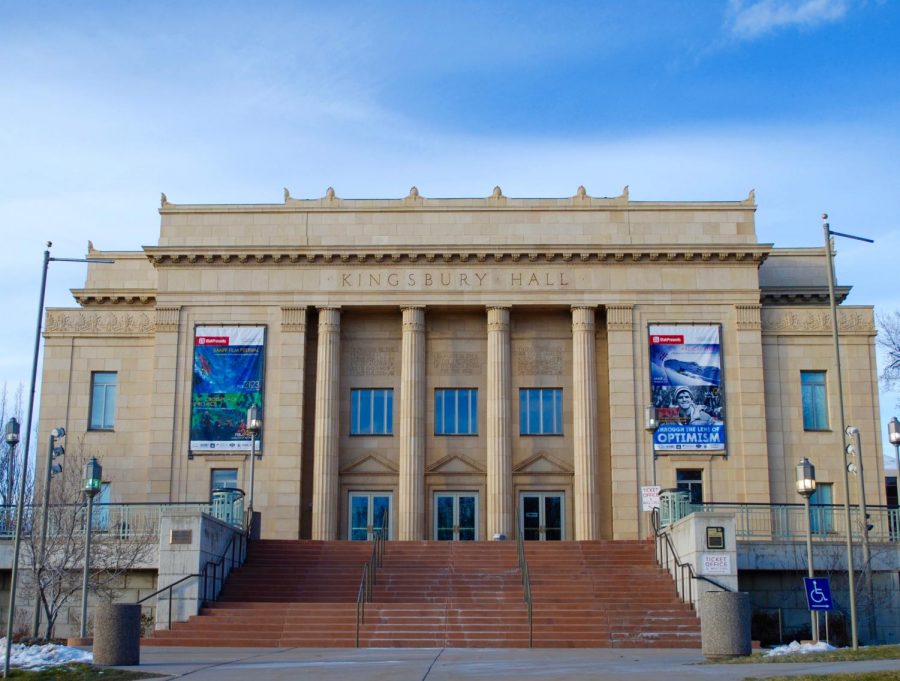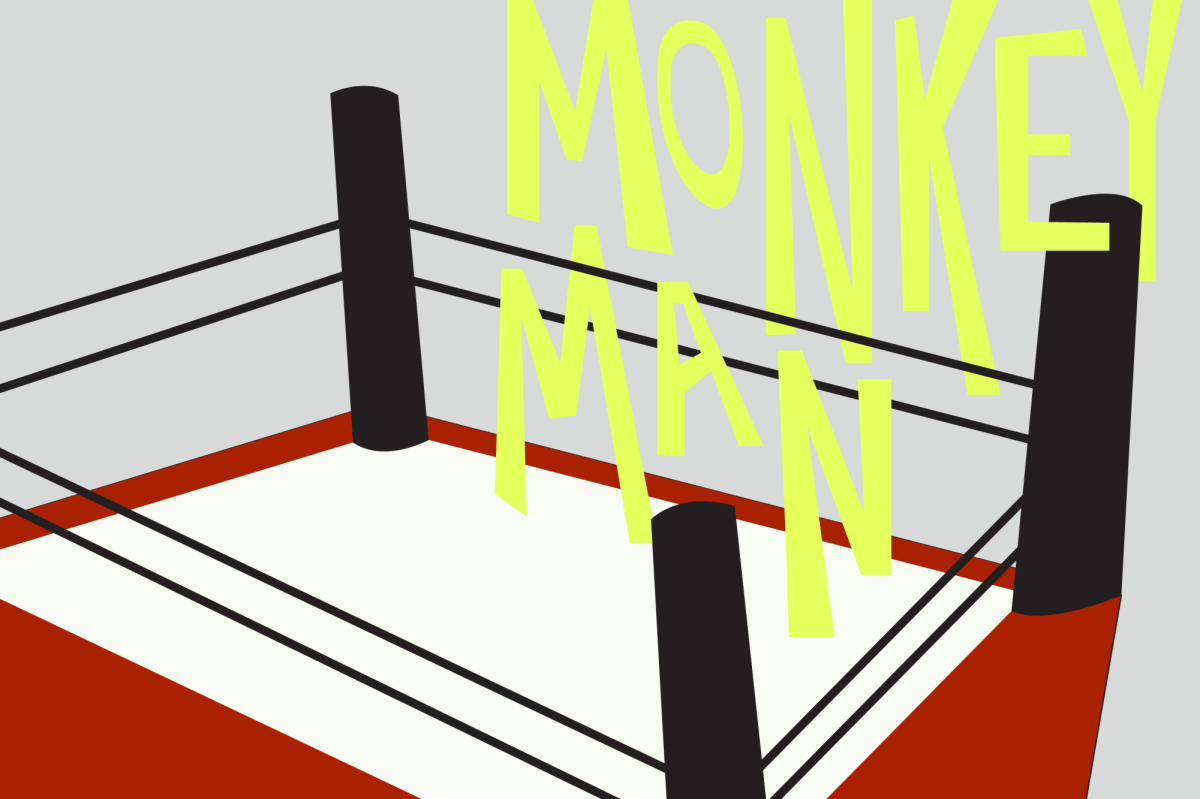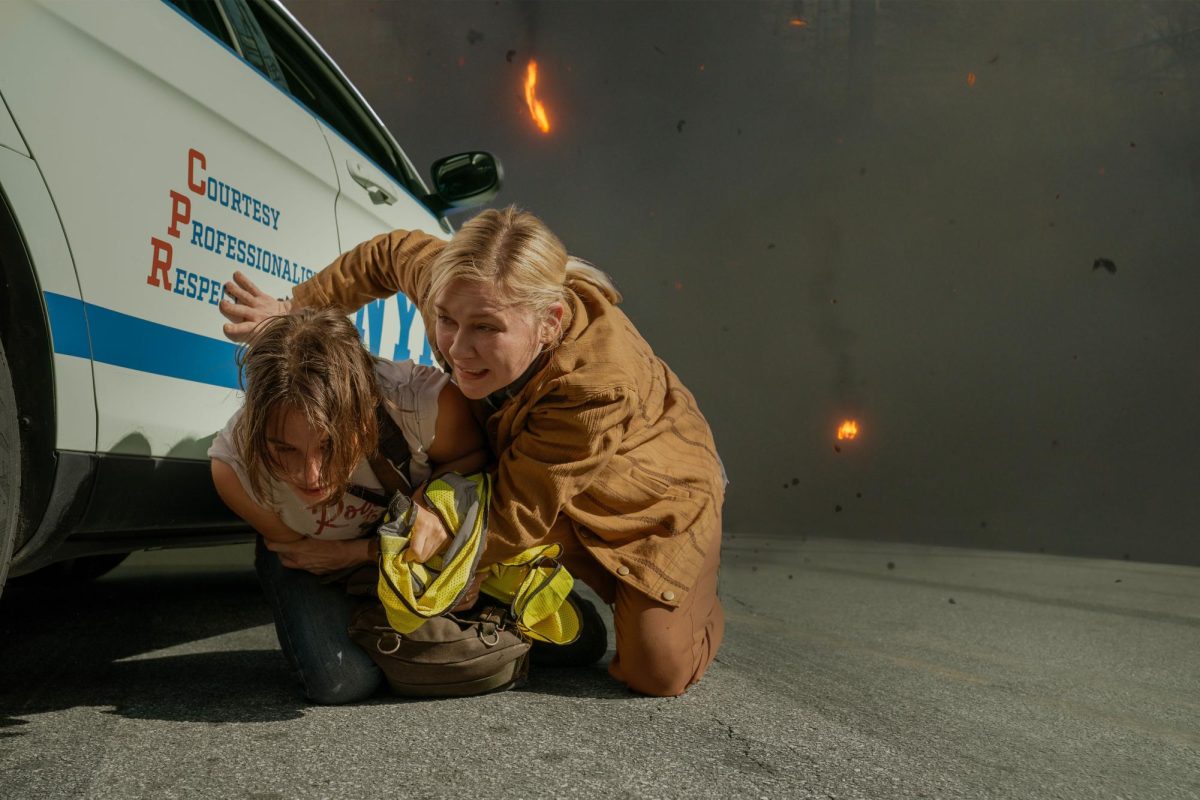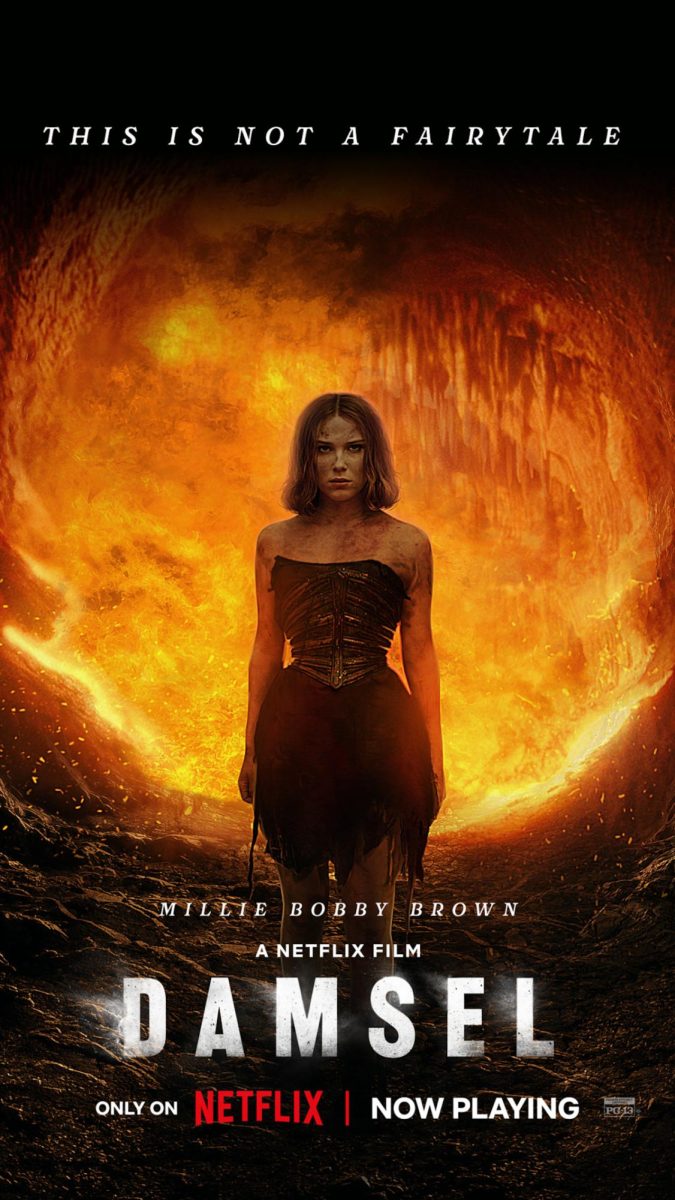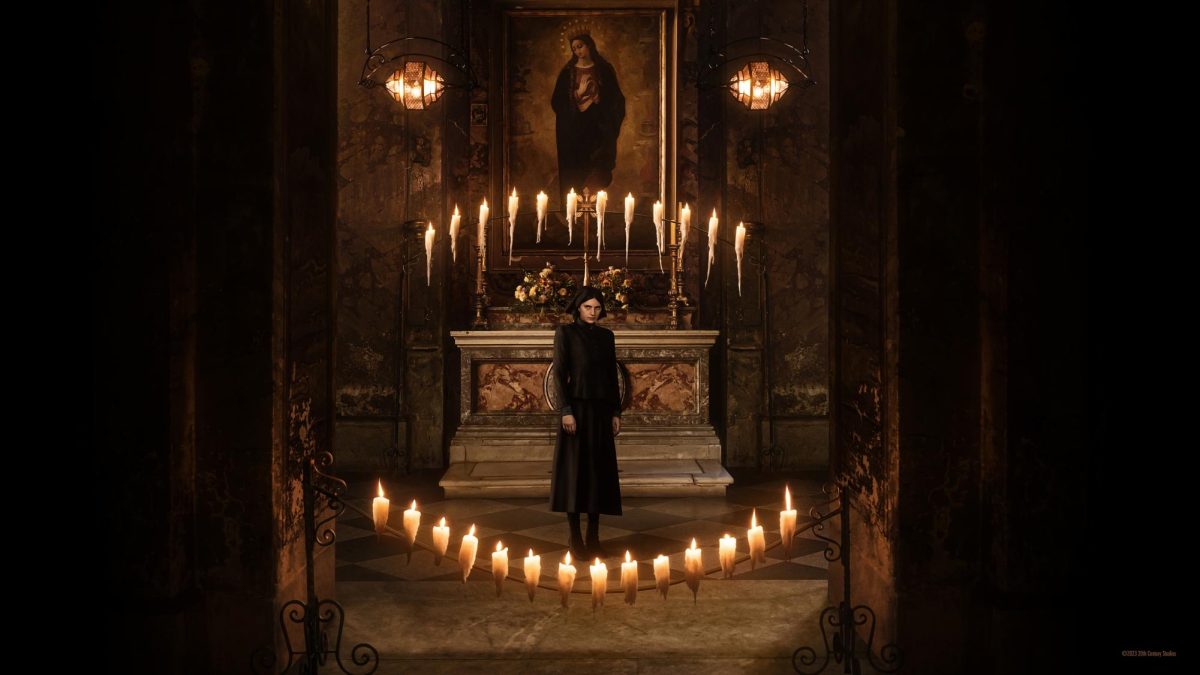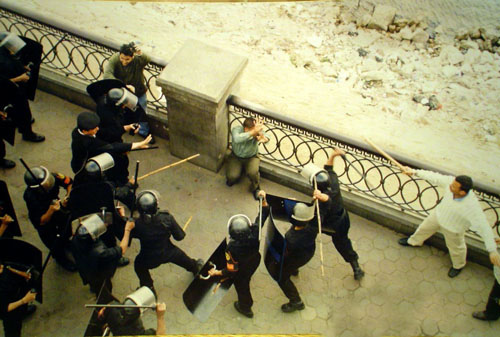From tanks rolling down the streets in Ferguson, Mo., to cops in riot gear in downtown Salt Lake City, there has been a growing national conversation over the militarization of police, the idea that local law enforcement agencies are becoming too much like the military.
The common argument for the use of SWAT teams to serve warrants and for police officers to have armored tanks is that the world is a more dangerous for members of law enforcement and they need this equipment in order to stay safe. The documentary “Peace Officer,” which showed at the U’s Post Theater on Thursday night, takes a hard look at this claim and refutes it, instead showing the damage, both physical and mental, this militarization has on communities.
The film follows William “Dub” Lawrence, a former Utah sheriff who trained and established Utah’s first SWAT team, as he investigates the shooting of his son-in-law by police officers after an hours-long standoff in 2004.
“I was a witness to a homicide,” Lawrence says in the first lines of the film. “I have waited four years for a just verdict. It does not appear to be forthcoming.”
Showing raid after raid performed by SWAT teams using reenactments and footage from the events themselves, the film packs a powerful punch, asking the viewer to question the justifications given by police in the documentary that these events are really for the safety of others. The footage, coupled with expert testimonies and Lawrence’s investigations of these events, is powerful on its own, but a large portion of the impact comes from the fact all of these raids take place in northern Utah. When cop cars are rushing through the streets or people’s homes are shown, it is likely students will recognize a landmark or two.
As Lawrence said after the film in the Q&A session, this film isn’t about Black Lives Matter or minorities, though both he and the film acknowledged minorities are primarily impacted by these policies. But by focusing on a standoff in Farmington or a raid caused by mistaken identity in Ogden, this film shows how widespread the policies of militarization are and that no one, innocent or not, is guaranteed safety from these policies.
The film is careful to place the blame on the institution of law enforcement, rather than emphasizing that this is a problem caused by individual “bad apple” cops. This means that, yes, not all cops are bad, but the documentary illustrates that they exist in a culture where deadly police raids are permissible and that officers involved in them can get away without any repercussions.
The filmmakers emphasized in their Q&A session after the film that they were not out to demonize law enforcement or simplify the argument, being careful to include members of the police and those involved in the raids to get their perspectives. But it is hard to listen to the justification these officers give after hearing from the family members of victims and soon-to-be victims themselves.
“Peace Officer” is airing in 75 cities before its PBS debut. For more information about these screenings, check out pbs.org/independentlens/indie-lens-pop-up/screening-schedule/?film=peace-officer.
This documentary airs on PBS May 9 at 8 p.m.







